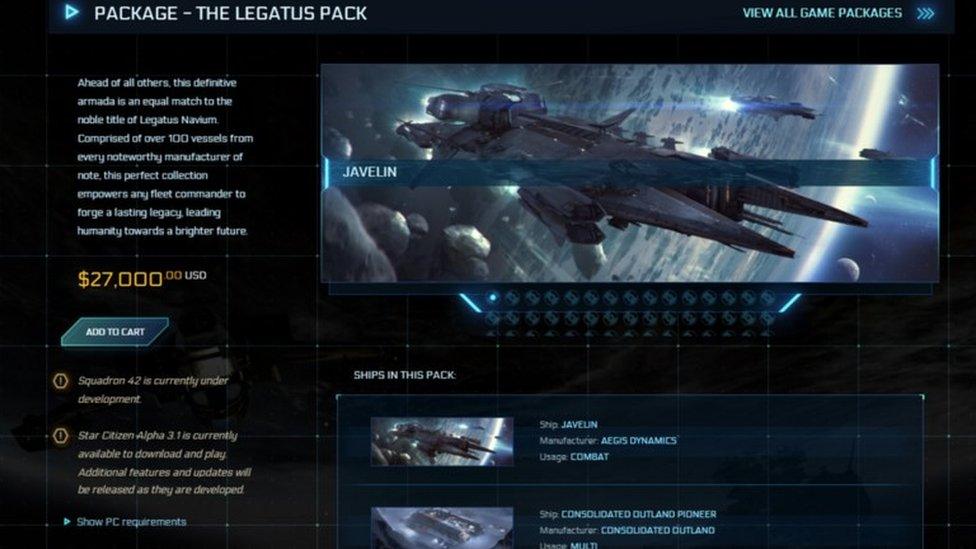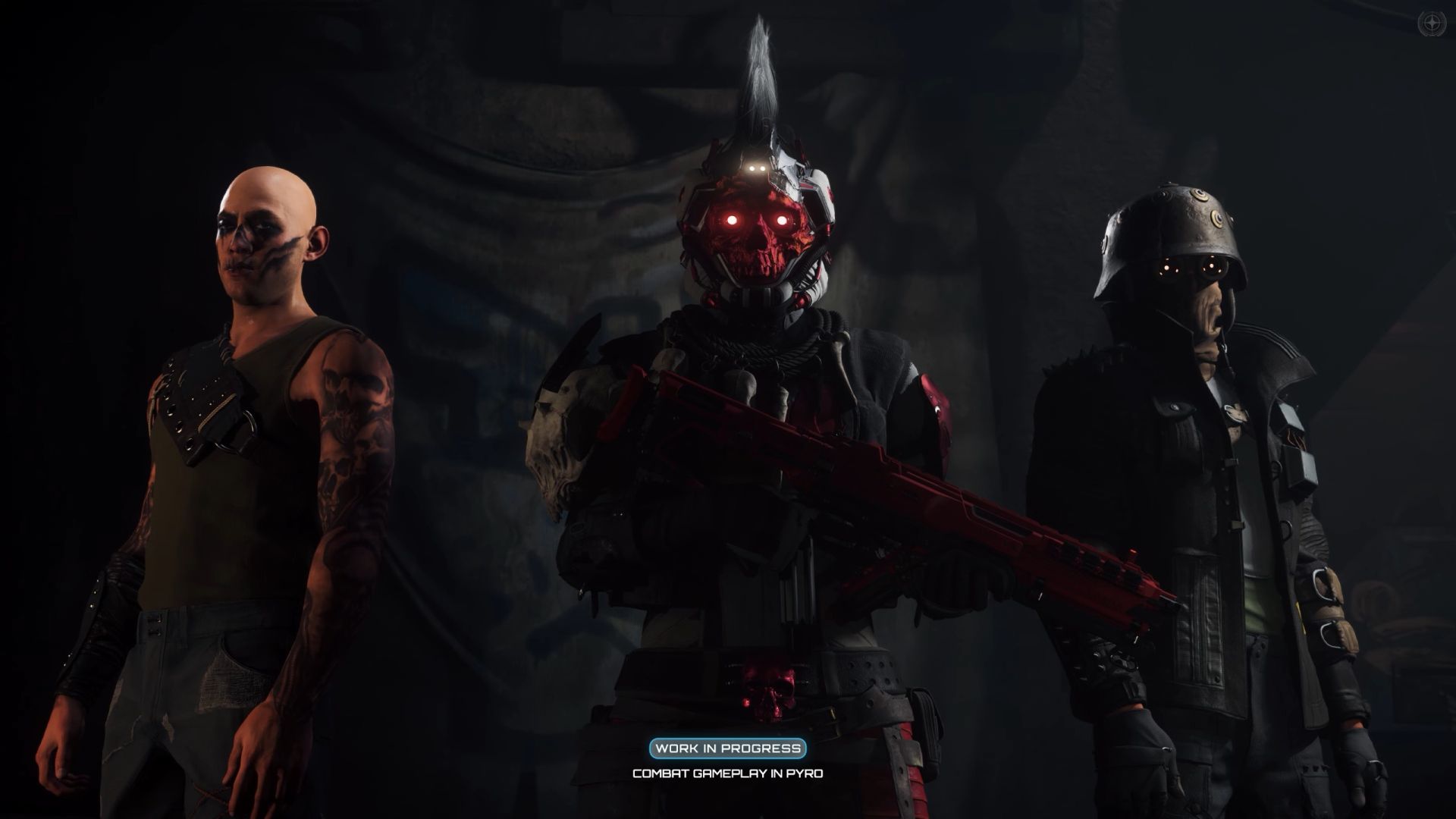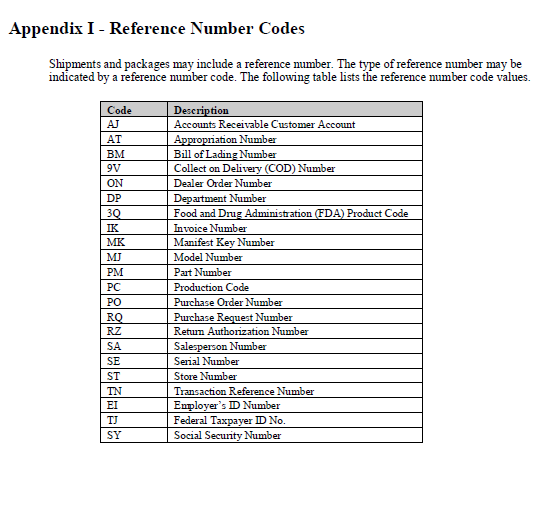A Star Citizen Kind of Game: Exploring the Possibilities

Source: co.uk
Star Citizen, with its vast and evolving universe, has captivated players for years. But what if you're looking for a game that offers a similar experience, perhaps without the sprawling, and often daunting, development timeline? This article explores what makes a "Star Citizen kind of game," considering both the positives and potential pitfalls for aspiring developers.

Source: ytimg.com
What Defines a Star Citizen Kind of Game?
A "Star Citizen kind of game" typically involves a sprawling, persistent universe with significant player interaction. The core components often include:
Persistent Online World
This is perhaps the most defining element. Players aren't just enjoying a pre-determined storyline; they exist in a shared online world, continuously evolving with player actions and choices. Imagine Star Citizen, but perhaps with a faster development cycle and a more streamlined initial release.
Deep Space Exploration
"Star Citizen kind of games" often emphasize vast space to explore. Players might undertake long voyages across diverse celestial bodies, finding new locations and engaging in trade, resource gathering, and combat.
Player-Driven Content and Economy
.jpg/revision/latest?cb=20211125163858)
Source: nocookie.net
Players aren't passive consumers; their actions impact the world and its economy. In a "Star Citizen kind of game," buying and selling goods, developing fleets, and forging alliances, create tangible results. This mimics real-world business models.
Questions to Consider When Designing a Star Citizen Kind of Game
-
How can we make a more immediately accessible "Star Citizen kind of game?" A faster and less ambitious version might capture a wider audience more readily than Star Citizen’s current state.
-
How do we balance a fully open world with satisfying gameplay loops that don't feel overwhelming? This "Star Citizen kind of game" needs meaningful milestones that make players feel like they're achieving things, despite the enormity of the space.
-
What compromises need to be made to create a more achievable “Star Citizen kind of game”? Cutting out unnecessary complexity and focusing on key gameplay elements could lead to a more balanced and refined experience.
-
How can we craft a "Star Citizen kind of game" economy that isn't simply reliant on pay-to-win mechanics or over-inflated item pricing, elements that can alienate players in such a persistent game universe? This is paramount to encouraging ongoing participation.
-
Will player feedback be readily incorporated and valued, keeping the experience feeling truly evolving and shaped by those who play? The iterative development approach within the persistent space of a "Star Citizen kind of game" is vital to long-term enjoyment.
-
How does a "Star Citizen kind of game" ensure fairness and prevent exploit behaviors? Anti-cheat measures and gameplay balance adjustments are crucial aspects in managing an open world dynamic where users interact.
-
What realistic time frame is sensible for a successful and user-friendly "Star Citizen kind of game" from concept to launch to continual upkeep, maintaining high quality? This demands serious resource planning from day one.
-
Can we foster meaningful in-game communities while mitigating toxicity and ensuring fair player behavior in the large space? "Star Citizen kind of game" thrives when a great online community emerges around shared gameplay activities.
-
Considering the potential issues of scalability and potential performance hurdles, how would the “Star Citizen kind of game” adequately function for different player hardware and connections?
-
How can the “Star Citizen kind of game” effectively adapt to changing player tastes and trends? Keeping up with player requests in a "Star Citizen kind of game" is necessary to keep things feeling fresh and engaging for everyone.

Source: simulationdaily.com
Conclusion
Creating a successful "Star Citizen kind of game" requires careful consideration. While the promise of a huge persistent space with meaningful choices is enticing, careful pacing and focused gameplay are critical for capturing and maintaining a healthy community. Balancing scale with accessibility, player autonomy, and long-term support is paramount in delivering a lasting and positive player experience.




